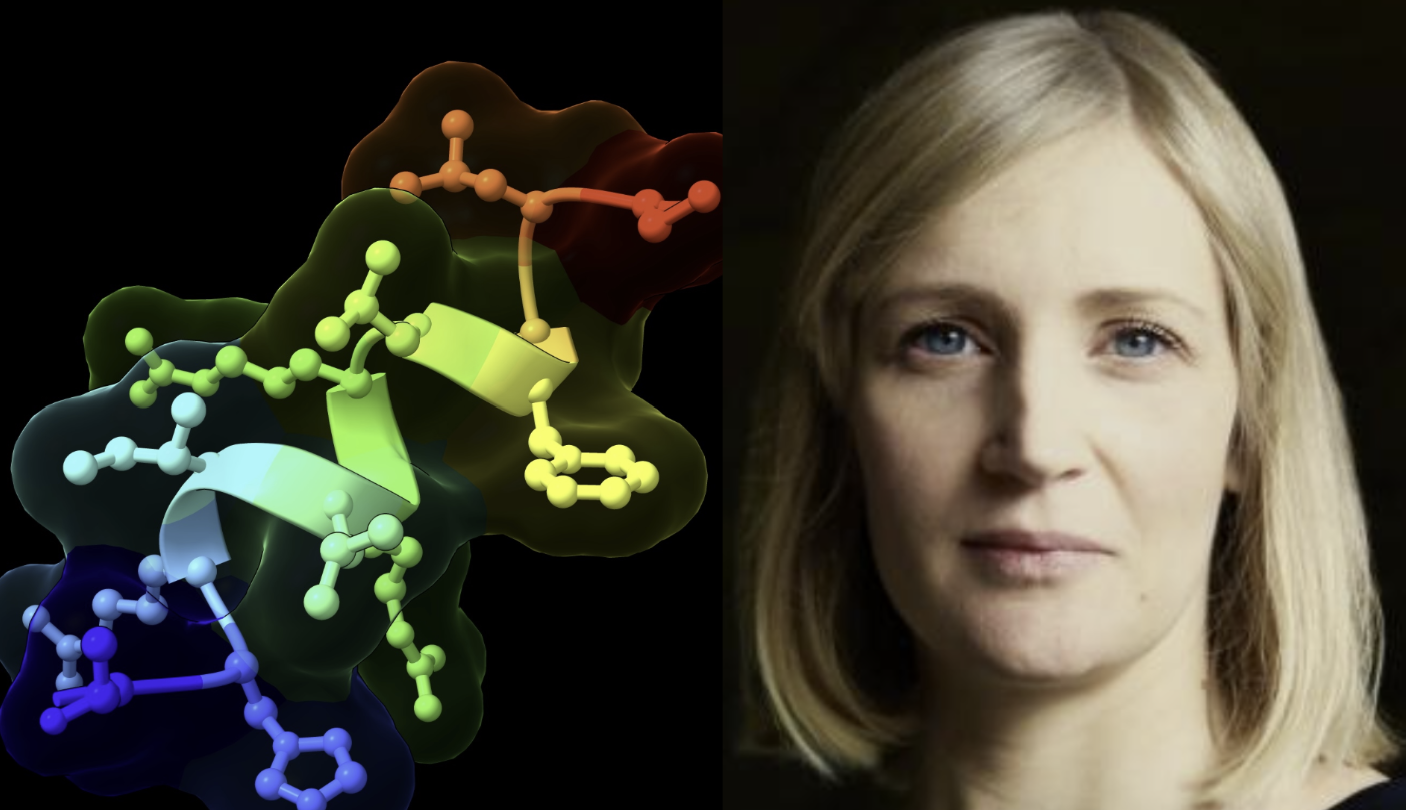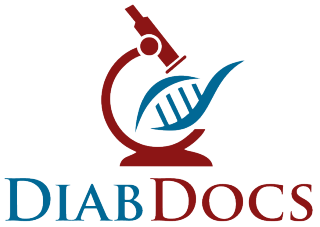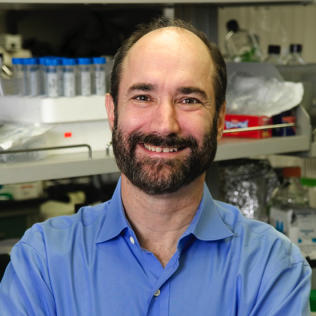Featured News
More News
National Programs that Train Physician-Scientists Focused on Diabetes Research, and Led By SDRC Co-Director David Maahs, Garner Support and Recognition
Helmsley Trust and NIDDK provide crucial support for physician-scientist training in diabetes research.
SDRC researchers including Dr. Michael Snyder take part in HuBMAP, showing what healthy human tissue looks like
Stanford Medicine scientists describe details of the human intestine and placental tissue as part of the National Institute of Health’s Human Biomolecular Atlas Program.
Study by Dr. Anisha Patel: Water promotion in schools may help prevent unhealthy weight gain
Encouraging children to drink more water and increasing their access to it at school may help prevent unhealthy weight gain, according to a new study in California elementary schools.
Lower Doses of Statins Just as Effective in Older Adults Who Are at Greater Risk of Side Effects from the Cholesterol Drugs (Original Research co-authored by Dr. Mark Hlatky)
New research shows that starting cholesterol lowering treatment with a low- to moderate-intensity statin was associated with a greater reduction of LDL levels among older patients than with younger ones.
Researchers including Jonathan Z. Long, PhD examine adipocyte communication in metabolic processes
New and emerging research continues to shed light on the role of adipocytes in the function and regulation of diverse metabolic processes. During this year’s ADA Diabetes Journal Symposium: Staying in Network—Adipocyte Communication in Regulation of Energy Balance, investigators will share findings from studies exploring adipocyte response to physiologic and metabolic cues.








SDRC investigator uncovers an unexpected and crucial role of glucose, the body's primary energy source, in orchestrating tissue maturation, highlighting its significance in diabetes and cancer.